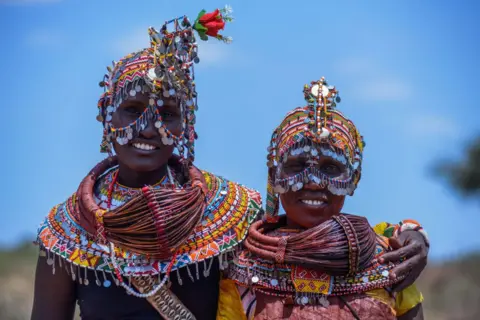
Africa marks August 23 as a day steeped in historical significance, weaving together memory, resistance, and pivotal moments in contemporary history.
The date is internationally recognized as the International Day for the Remembrance of the Slave Trade and its Abolition, established by UNESCO.
It commemorates the slave uprising that erupted on the night of August 22-23, 1791, in Santo Domingo.
The observance was first organized in 1998 in Haiti and later in 1999 on the island of Gorée, Senegal.
Its purpose is to preserve the memory of resistance and underscore the universal importance of the fight against slavery.
August 23 also resonates through modern African history.
On this day in 1981, the South African army launched Operation Protea in Angola, one of the largest offensives of the border war, targeting the bases of the Namibian Swapo movement in Xangongo and Ongiva.
The operation left a lasting imprint on regional dynamics during a period marked by intense conflict and geopolitical tension.
Three decades later, on August 23, 2011, Libya witnessed a decisive turning point in its revolutionary struggle.
Insurgents captured the Bab al-Aziziya complex in Tripoli, the residence and symbol of Colonel Muammar Gaddafi’s power, amid widespread armed protest. This event marked a defining moment in the Libyan uprising and the eventual collapse of the Gaddafi regime.
More recently, on August 23, 2023, Zimbabwe held its presidential, legislative, and local elections.
The vote was marked by logistical delays, prompting the electoral commission to extend voting to the following day in several constituencies, highlighting ongoing challenges in electoral administration across the continent.
Across centuries and nations, August 23 continues to serve as a day of reflection and remembrance, connecting Africa’s past struggles with its ongoing quest for justice and political progress.



